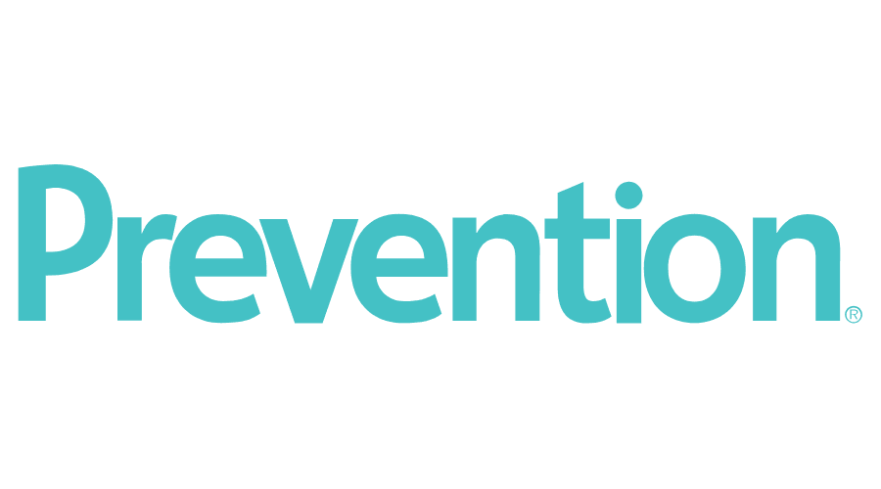Even though the term “gaslighting” might feel new, the act of gaslighting has been around for quite some time. Even so, the concept can feel a bit abstract—it’s normal to look up the meaning of gaslighting and ask yourself, “What is gaslighting?” Because until it happens to you, it may feel like a foreign concept.
To make matters even more complicated, gaslighting can take many different forms. Hearing phrases like “that never happened,” or “you’re overreacting,” can be signs of gaslighting. And it’s important to know when it’s happening to establish healthy relationships.
Ultimately, gaslighting can happen to anyone. It’s often “used as a way to gain or maintain control over someone else,” says Sari Chait Ph.D., a clinical psychologist. But how do you know if someone is gaslighting you? Experts share what you need to know about the form of psychological manipulation.
What is gaslighting?
Gaslighting is the act or practice of misleading someone especially for one’s own advantage, according to the Merriam-Webster Dictionary. It can happen in just about any situation, from personal relationships to the workplace. Erin Wiley, M.A., L.P.C.C. executive director of The Willow Center, describes gaslighting as “a psychological strategy to create confusion in a person so that they end up feeling as if they are to blame for problems in a relationship. You may have recognized gaslighting behavior but never knew the signs. This form of manipulation may leave you feeling weary about your own thoughts and feelings. “Gaslighting happens continually over time,” explains Chait. “So the victim typically starts to doubt themselves, believe an alternative truth, and even wonder if they are losing their mind.”
Read the full article here. Originally published on Prevention. Written by ELISSA JOHNSON.

